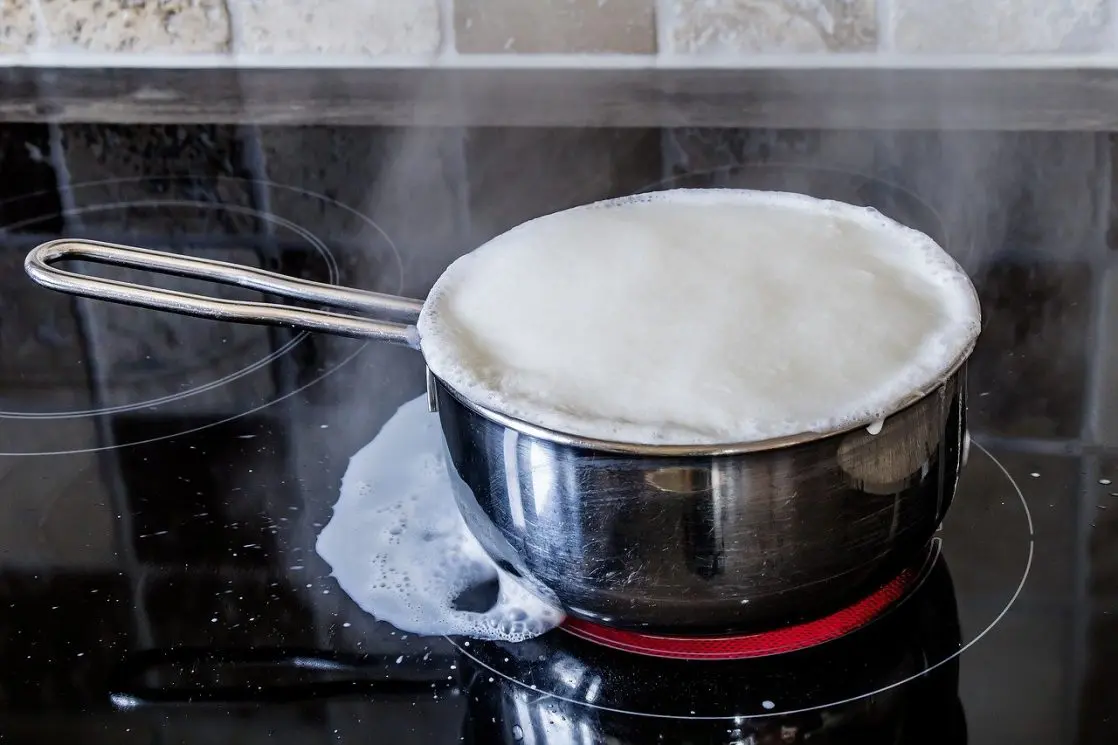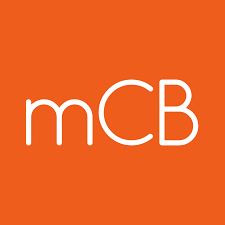
3 Memory Issues – And How to Solve Them
Tips on how to organize your household if you have recollection problems
As we start to age, memory problems become more prevalent. It can become quite difficult to organize your household while dealing with memory issues. But there are tools we can utilize to help us along our daily lives without worrying about our memory lapses getting in the way.
When memory starts to lapse heavily, other members of the family may start to reflect on the state of mind of the homeowner. Clutter tends to be the dominant warning sign, such as forgetting to put things away, overbuying things you don’t need, and then having the mess start to overwhelm. Dementia sufferers have poorer cognition and can put value on worthless objects, so hoarding is a common side effect.
If you don’t have dementia, now would be a good time to start putting some of these tools below in practice should you ever experience dementia in the future. Even if you don’t develop dementia, older age does come with memory problems, so best to get a head start and save yourself a lot of mess.

3 Memory Issues + Solutions
TRANSCIENCE
Forgetting recent things is the most common memory issue related to aging. Typically, facts and events tend to be forgotten, and any new information you learn will likely be forgotten soon after. But the transitory nature of memory doesn’t really imply weakness, but rather usefulness as the brain scraps memory that we don’t use to make room for more useful ones.
SOLUTION – write or record the information or event that you want to remember in detail. Make it as specific as possible, and as soon as you remember the fact, or experience the event. Make a memory book that you can refer to regularly as your memories start to become vague. If you start to forget facts like phone numbers, email addresses, home addresses and birth dates, write those down too.

ABSENT-MINDEDNESS
Absent-mindedness is another common memory lapse. Absent-mindedness occurs strictly due to lack of focus. That’s it. While you were committing the action, you were thinking about something else and not focusing on the action. You were on automatic, and your brain wasn’t involved with the process, so to speak – therefore, it wasn’t that important to remember. Things like forgetting where you put your keys, or where you set your pen down, are the most famous instances. Forgetting to take your medication or keeping an appointment are some of the more serious consequences of absent-mindedness.
SOLUTION – mindfulness is important here. Pay close attention to what you are doing, and make an effort to focus. Work on your attention span. Seniors need to simplify an overwhelming life. Former CEOs and working parents need to learn how to slow down, stop doing things that no longer serve them, and direct their attention to what’s important in the here and now. Keeping items that are used everyday in the same place at all times is another solution to absentmindedness. Sticky notes will be your best friends!

BLOCKING
Memory blocking is the most familiar memory lapse in the older generation, but it’s not uncommon among the youngsters either. You may know this phenomenon as tip-of-tongue – you recall part of the memory, but not all of it. You know that you know the answer, you just need to spit it out. It’s the temporary inability to recall a full memory, and in most cases, half of these “blocked” memories are retrieved in just under a minute. Names are important to remember for seniors, especially if they have a growing list of physicians and support workers – or medication that needs to be taken.
SOLUTION – when it comes to names, you need to get everything written down and the book of names and numbers need to be placed in the same spot at all times, every day. When it comes to tip-of-tongue moments, going on the internet and doing a search can help spark the memory. Recalling the first letter or syllable of the word can help unlock the rest of the memory as well.

When it comes to organizing your household and dealing with memory issues, being proactive on your good days is key.
- Sticky notes everywhere!
- Keep a reference book of names, dates, numbers that are important to you
- Calendars for dates and appointments
- Visual cues – like leaving the dog leash on the doorknob as a reminder to take Scruffy out; or a laundry basket in the living room as a reminder you need to fold the laundry
- Oven timers are a necessity if you’re cooking! Get a few of them and place them in the kitchen, and nearby rooms

You can also try boosting your memory power by:
- Having good quality sleep
- Regular physical exercise to get the blood pumping
- Play some brain games
- A good diet of food containing omega-3 fatty acids
You can still organize your household even while experiencing memory issues. Just by taking some proactive steps you’ll be able to keep ahead of the game, keep the clutter under control and be master of your domain again.


Comments 1
Pingback: The Role of A Memory Cafe in Canada - myCareBase In-Home Senior Care